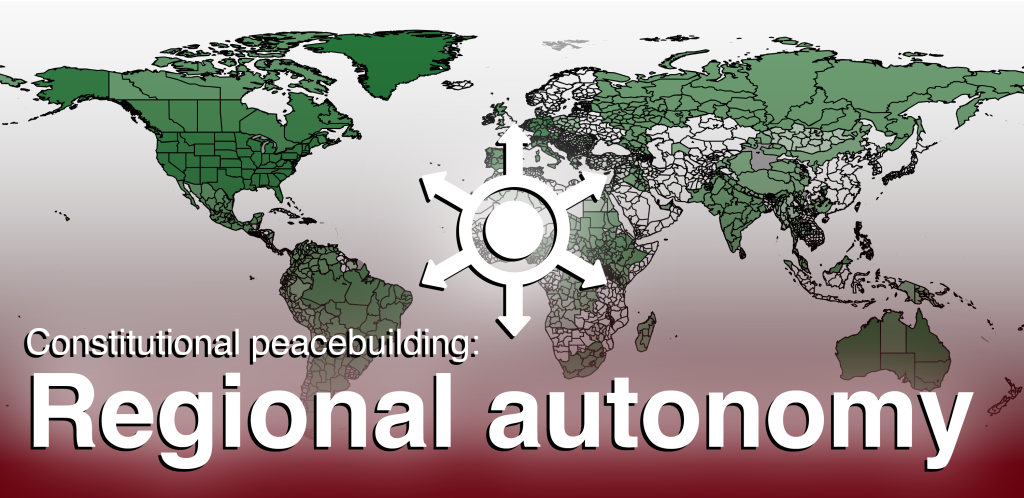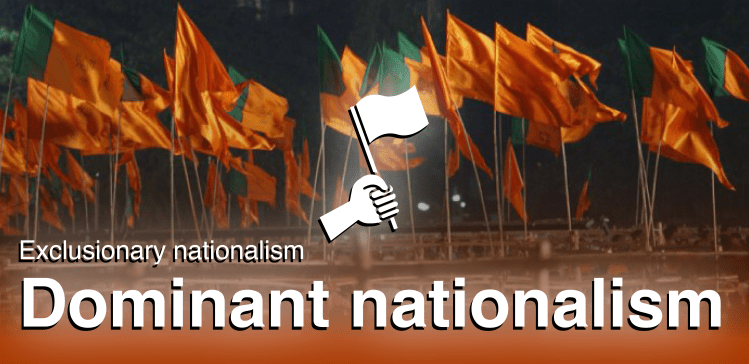
Welcome!
My expertise lies in the quantitative analysis of ethnic conflict and exclusionary nationalism—two of the most urgent challenges facing the contemporary global security architecture. I innovate by: systematically examining the unintended side effects of peacebuilding strategies, incorporating the perspective of ordinary citizens using global survey data, highlighting the heterogeneous effects of different types of nationalism, and deploying novel global datasets that reduce selection bias. Thereby, my research expands our evidence basis on the management of critical threats to domestic peace and international security. Please click the icons below to learn more about my projects.
Currently, I am a researcher at University of Fribourg, financed by an SNSF Ambizione grant. I am also associated in continuing collaboration with the International Conflict Research Group at ETH Zurich. I obtained my PhD from University College London in 2020. In 2021, my dissertation was awarded the ECPR Jean Blondel Prize (best dissertation in politics). I also hold an MA degree in Comparative and International Studies from ETH Zurich and a BSc degree in Geography and Chinese from University of Zurich (see here for my complete CV). A portrait of me and my work has previously appeared on ETH News.
Projects




Get new content delivered directly to your inbox.